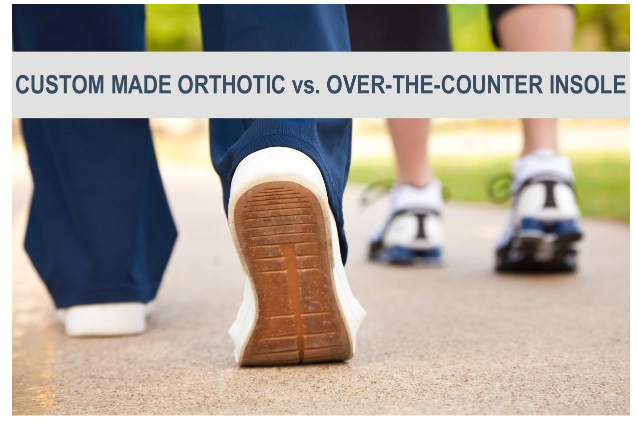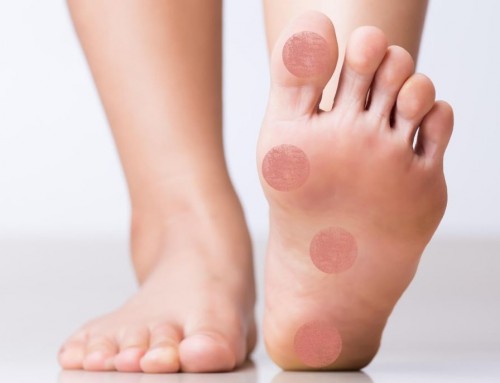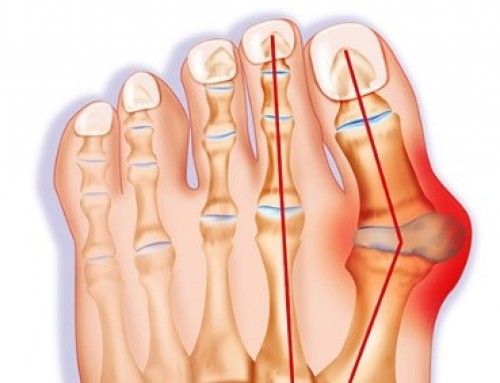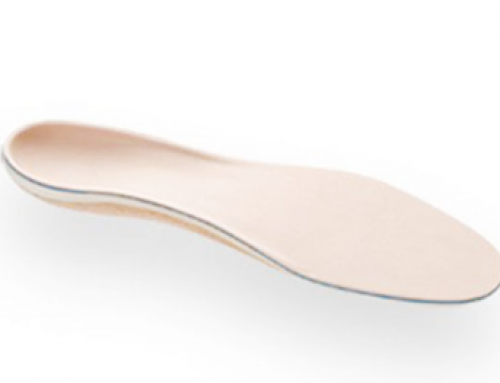Custom-Made Orthotics Vs Over-The-Counter Insoles
Today, you can find orthotics in the drug store and the grocery aisle. They are mass produced, come in multiple sizes, designed for men or women, walking or sports, and cost around $20-$40. Custom-made orthotics run $400-$600, and are usually covered by extended health care benefits. So, why go through the hassle and expense of seeing a doctor to get custom orthotics made instead of picking some up at your local grocery store? For one thing, you could do more harm than good.
It’s about more than just a cost. A custom made orthotic is an insert that fits inside a shoe and is designed to change your foot motion, realign your foot, restore balance and eliminate or reduce your specific foot pain. Orthotics generally are customized by an orthopaedist, chiropodist or podiatrist to fit your foot and meet your physical needs.
Reasons to Use Orthotic devices
Orthotic devices may be recommended for several reasons, including:
- aligning and supporting the foot or ankle
- preventing, correcting or accommodating foot deformities
- improving the overall function of the foot or ankle
By choosing an OTC insole, you risk worsening your symptoms because it may be designed to address something unrelated to the cause of your problem. Also, by selecting the wrong type of device, you could change the mechanics of your gait and cause problems instead of curing them. They can serve the needs of some people, particularly when combined with a stretching and exercise program. Typically, this type of orthotics wears out very fast – in 3 to 6 months. A custom-made orthotic insole will last for years.
If you’re in overall good health, there’s no harm in trying OTC insoles. Many over-the-counter devices bring satisfactory results in treating common foot conditions resulting from minor biomechanical abnormalities. For example, they can be used as a temporary device for a child who is rapidly growing or as a “training wheels” to see how your feet will tolerate and respond to custom-made orthotics. But if you have a serious foot, knee, hip, or back problem or are not in good health (for example, you have diabetes), see your doctor first: the wrong insole can make matters worse or cause injury if a serious condition goes untreated.















